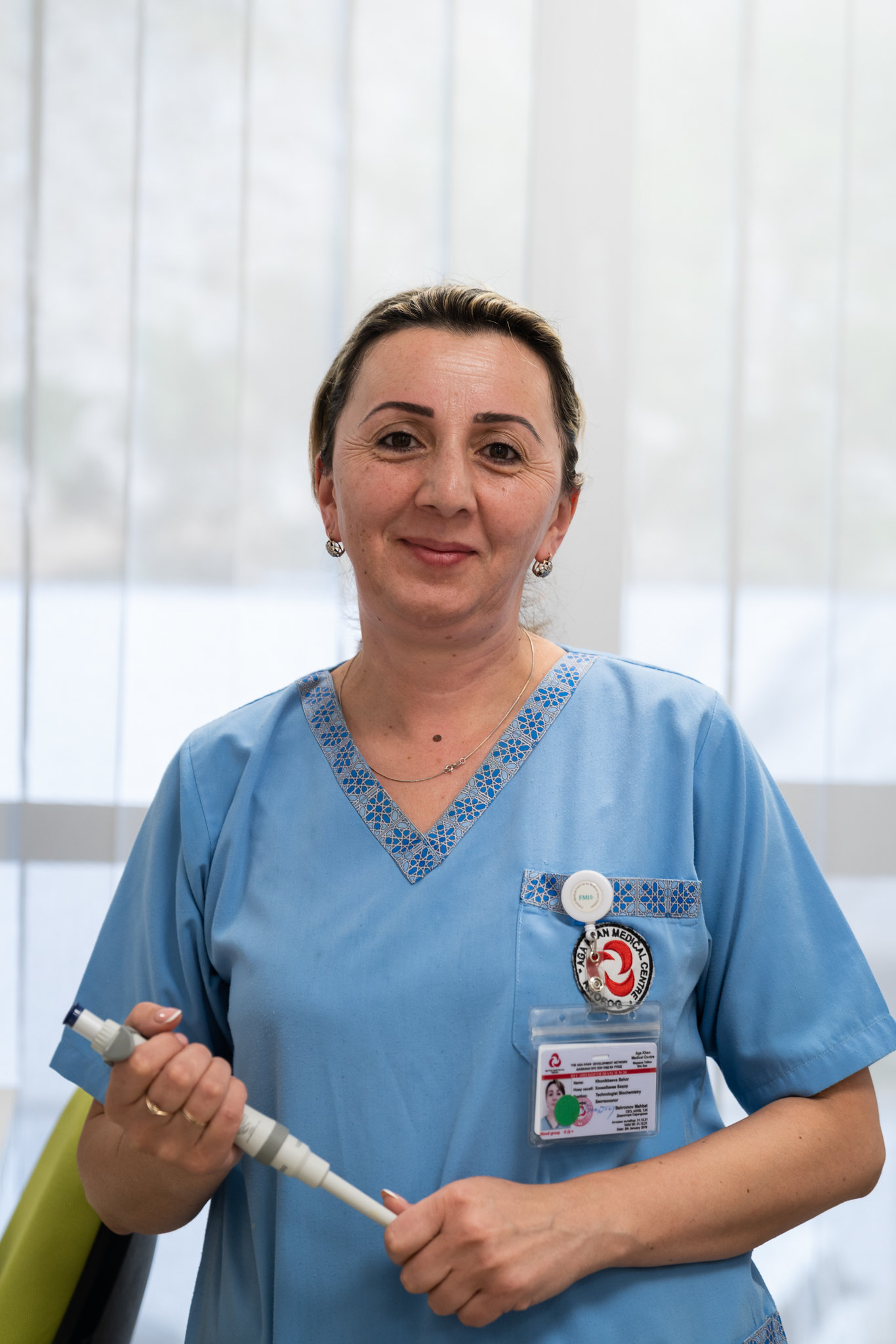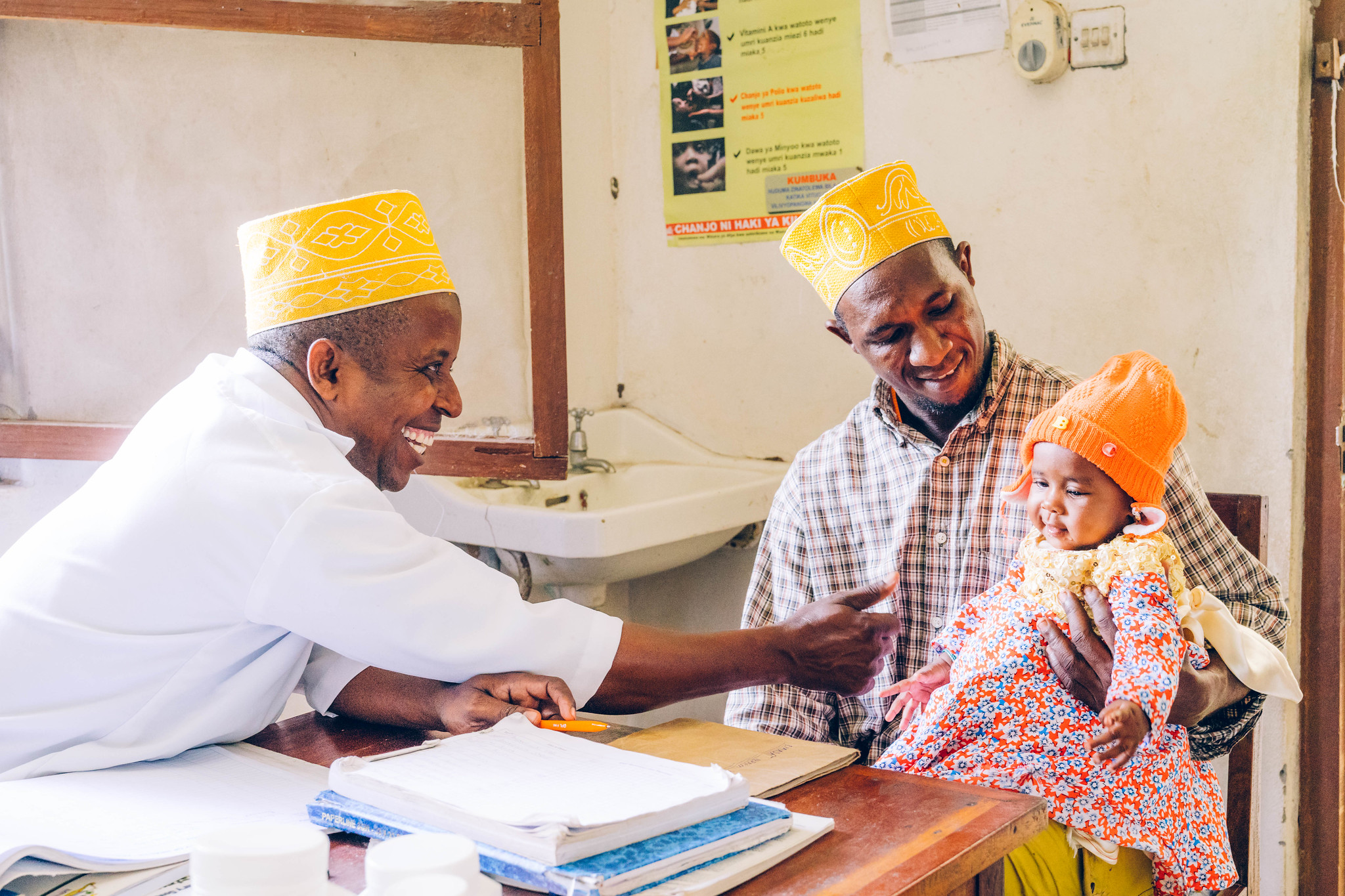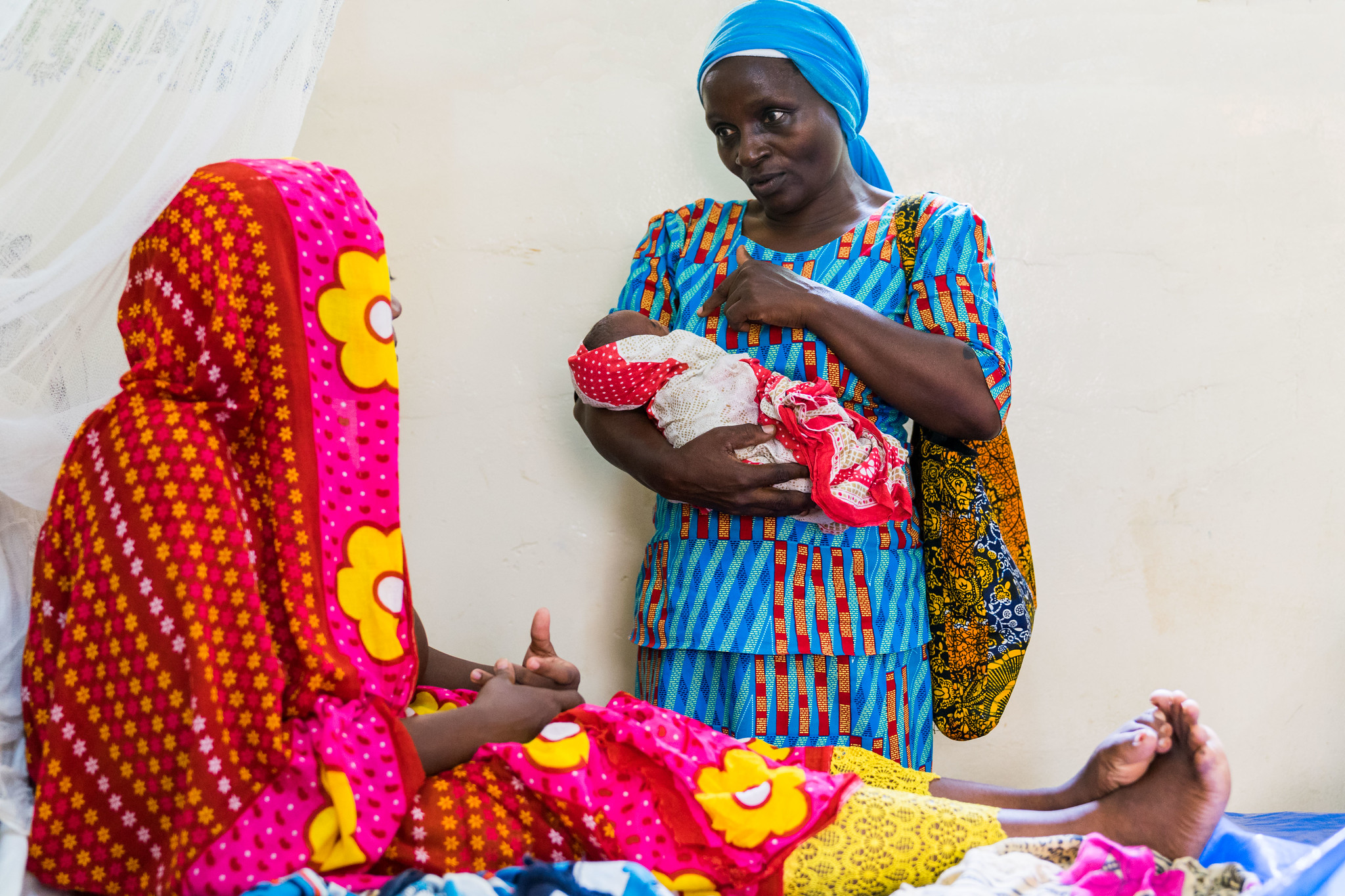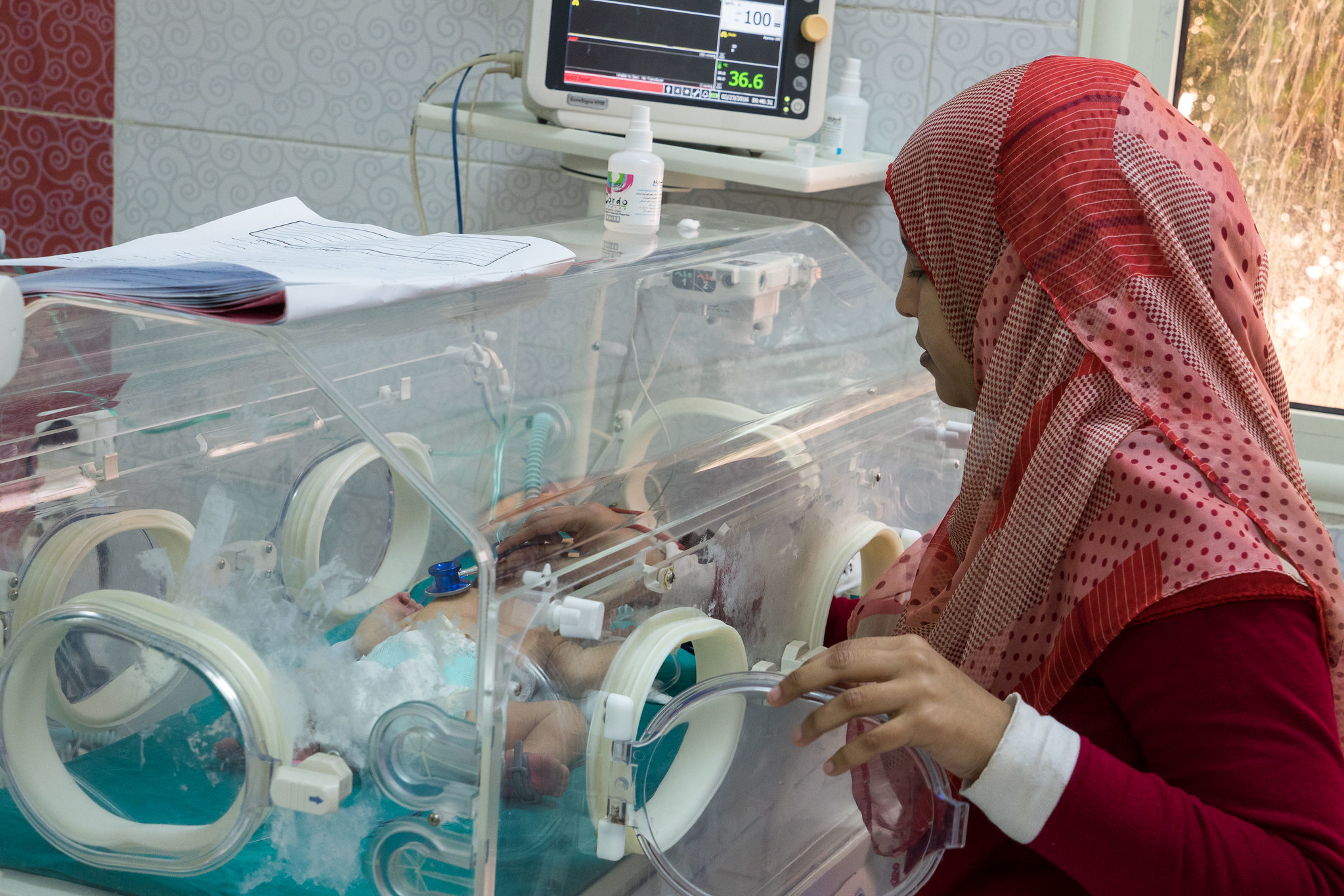What is the Competency Framework for Health Workers and Trainers?
The Competency Framework for Health Workers and Trainers is a tool designed to enhance the capacities of health workers in supporting caregivers with children aged 0 to 3 years in promoting their child’s overall development. Aligned with the Nurturing Care Framework, it outlines the essential competencies that health workers and trainers should have to effectively support primary caregivers in providing responsive caregiving, fostering opportunities for early learning, and ensuring safety and security to children in this age range. Additionally, it underscores the importance of equipping primary caregivers with the skills to take care of their own wellbeing.
This Framework serves as a guide to ensure that health workers and trainers acquire the necessary competencies in these areas. We hope that these defined competencies in the Framework will help the practitioners working with the health workers to design training programmes that can facilitate the mastery of these competencies. We believe that this approach not only optimises the use of existing training packages but can also lead to the adaptation or the creation of new resources.
Moreover, recognising the crucial role of mentors, supervisors, and trainers in enhancing the capacity of health workforce, the Framework seeks to clarify their roles and responsibilities. This clarity aims to enable them to better support health workers in accessing additional assistance and continuously enhancing their skills.
Watch this video to learn more:
Who is the Framework intended for?
This Framework is intended for staff of the Aga Khan Development Network, but it is also an open source, allowing anyone working in this space to use it. This is part of AKDN’s commitment of contributing to knowledge creation and sharing best practices.
The Framework is intended for programme designers and implementers seeking to enhance the capacity of health workers in supporting primary caregivers in caring for both themselves and their young children, particularly from pregnancy through to age three.
Though its focus is health workers, we believe that the defined competencies can be adapted for other frontline workers, like early childhood educators, child protection officers, or social workers, who directly interact with and support caregivers of young children. These competencies can also be adjusted for use by frontline workers interacting with slightly older children, such as those aged three to six years old.


Why is there a need for this Framework?
We know that parents and primary caregivers play a crucial role in young children’s holistic development both at home and in the community. But they require support to ensure they care for themselves and are able to care for their children. Often, they seek support from health workers for essential health and nutrition services. However, these services often overlook other crucial components of nurturing care, such as responsive caregiving, early learning opportunities, safety, security, and caregiver well-being.
We have also observed that most existing training programmes for health workers lack clear, standardised competencies, particularly regarding the integration of responsive caregiving into health and nutrition initiatives. To address these gaps, we have collaborated with ECD experts across AKDN and externally to define the competencies essential for health workers to better support caregivers.
What impact will it have?
We are optimistic that the Framework will transform the way we train and mentor health workers around the world – in the countries where AKDN works and beyond – so they can provide the necessary support to caregivers and how young children develop. By defining the competencies needed for health workers, we are aiming to:
- Empower caregiver support: We want health workers to be able to provide comprehensive support to caregivers, making their journey smoother and more fulfilling.
- Nurture childcare and development: With these competencies in hand, the health workers can become champions of holistic child development, ensuring every child receives the care and attention they need to thrive.
- Strengthen our health systems: Integrating nurturing care practices into existing health and nutrition services is key in nurturing healthier, happier communities.
- Foster collaboration: By encouraging collaboration among health workers, early childhood educators, child protection officers, and other frontline workers, we are creating a network of support for caregivers and young children.

Overall, the competency Framework aims to have a positive impact on caregiver support, child development, health systems, and collaboration among frontline workers. Ultimately this will lead to improved outcomes for young children and their families.
How are you planning to use it within AKF and AKDN?
The Framework is an integral component of AKDN’s comprehensive strategy aimed at enhancing the capacity of health workers within our ECD programming in Asia and Africa. Following the completion of the Framework, our next steps involve mapping existing training packages at both the country and global levels to ensure alignment with competencies defined in the Framework.
Through this process we will identify any gaps and needs, allowing adaptation or creation of new resources. Additionally, we are planning to develop assessment tools that will enable us to evaluate and provide need-based training and mentoring to health workers.
How can people access the resource?
The Framework is an open source on AKF’s Leaning Hub and can be downloaded for free by programme designers and implementers.
What are you most proud of as AKF launches this new resource?
We are particularly proud of the fact that that this addresses a critical gap in global early childhood efforts by integrating responsive caregiving into health systems and practices. This resource holds immense potential to improve outcomes for young children and their families by equipping health workers and other frontline workers with the necessary competencies needed for comprehensive support.
Furthermore, its development underscores AKF’s commitment to advancing early childhood development and nurturing care practices, which are vital for the well-being and development of young children.
We are also proud of the collaborative effort that various AKDN agencies made in developing this Framework. This collaboration highlights the collective expertise and dedication of AKDN agencies towards improving early childhood development practices, further emphasising the impact and importance of this new resource.






